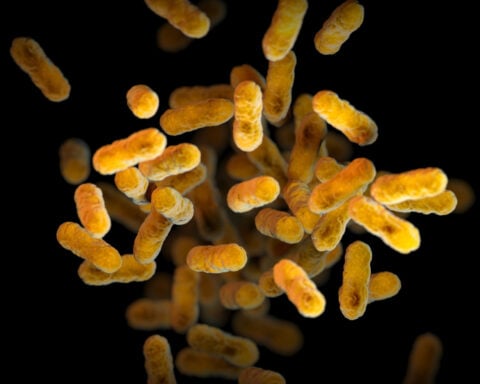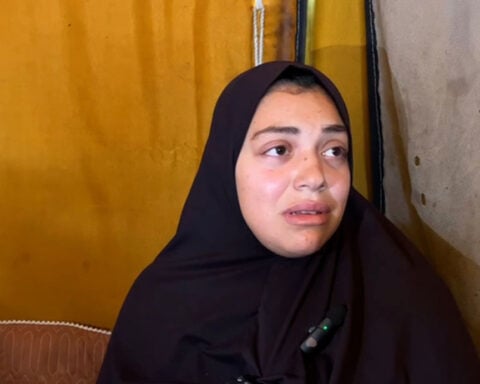A team of researchers at the University of Helsinki has uncovered a link between wealth and an increased genetic risk of developing breast cancer, prostate cancer, and certain other cancers when compared to those from underprivileged backgrounds.
The extensive study delved into the connection between socioeconomic factors and disease risks by meticulously analyzing data gathered from a about 280,000 Finnish individuals aged 35 to 80. The research findings revealed a stark contrast: while affluent individuals exhibited a heightened genetic predisposition to cancers such as breast and prostate, those facing financial hardship were found to be more genetically susceptible to conditions like diabetes, arthritis, depression, and lung cancer.
Dr. Fiona Hagenbeek, the lead researcher from the Institute for Molecular Medicine Finland, highlighted that "Understanding that the impact of polygenic scores on disease risk is context-dependent may lead to further stratified screening protocols."
"For example, in the future, screening protocols for breast cancer may be adapted so that females with a high genetic risk and who are highly educated receive earlier or more frequent screening than females with lower genetic risk or less education," she explained.
The large-scale study pulled genomic data, socioeconomic status, and health records from hundreds of thousands of people of European ancestry living in Finland.
"Most clinical risk prediction models include basic demographic information such as biological sex and age," Hagenbeek noted.
The researchers emphasized that additional study is needed, including examining populations in lower-income countries and exploring potential ties between specific occupations and disease vulnerabilities. But the findings suggest opportunities for more personalized medicine approaches.
"As the overall aim of incorporating genetic information into healthcare is to facilitate personalized medicine, we should not treat genetic information as 'one size fits all'," Hagenbeek said. "Rather, we should investigate and then include the circumstances that modify genetic risk when carrying out disease prediction."
Professor Alexandre Reymond, chair of the European Society of Human Genetics conference where the study results were presented, welcomed the work. "To really move to personalized health it will be essential to gauge both genetic and environmental risks," he said. "We should commend our Finnish colleagues for their part in spearheading this effort."

 India considers cutting personal income tax to lift consumption, sources say
India considers cutting personal income tax to lift consumption, sources say
 Russia arrests 4 suspects accused of plotting to kill top military officers on Ukraine's orders
Russia arrests 4 suspects accused of plotting to kill top military officers on Ukraine's orders
 Azerbaijan observes day of mourning for air crash victims as speculation mount about its cause
Azerbaijan observes day of mourning for air crash victims as speculation mount about its cause
 China's Xi sends condolences over Azerbaijan Airlines plane crash
China's Xi sends condolences over Azerbaijan Airlines plane crash
 UNIFIL urges timely Israeli pullout from south Lebanon under month-old truce deal
UNIFIL urges timely Israeli pullout from south Lebanon under month-old truce deal
 Japan's Nippon Steel extends closing date for U.S. Steel acquisition
Japan's Nippon Steel extends closing date for U.S. Steel acquisition
 BYD contractor denies 'slavery-like conditions' claims by Brazilian authorities
BYD contractor denies 'slavery-like conditions' claims by Brazilian authorities
 Kazakhstan's senate chief: cause of Azerbaijan Airlines plane crash unknown for now
Kazakhstan's senate chief: cause of Azerbaijan Airlines plane crash unknown for now
 Durant and Beal score 27 points each, Suns beat Nuggets 110-100 to close out Christmas slate
Durant and Beal score 27 points each, Suns beat Nuggets 110-100 to close out Christmas slate
 Getty Images
Getty Images






